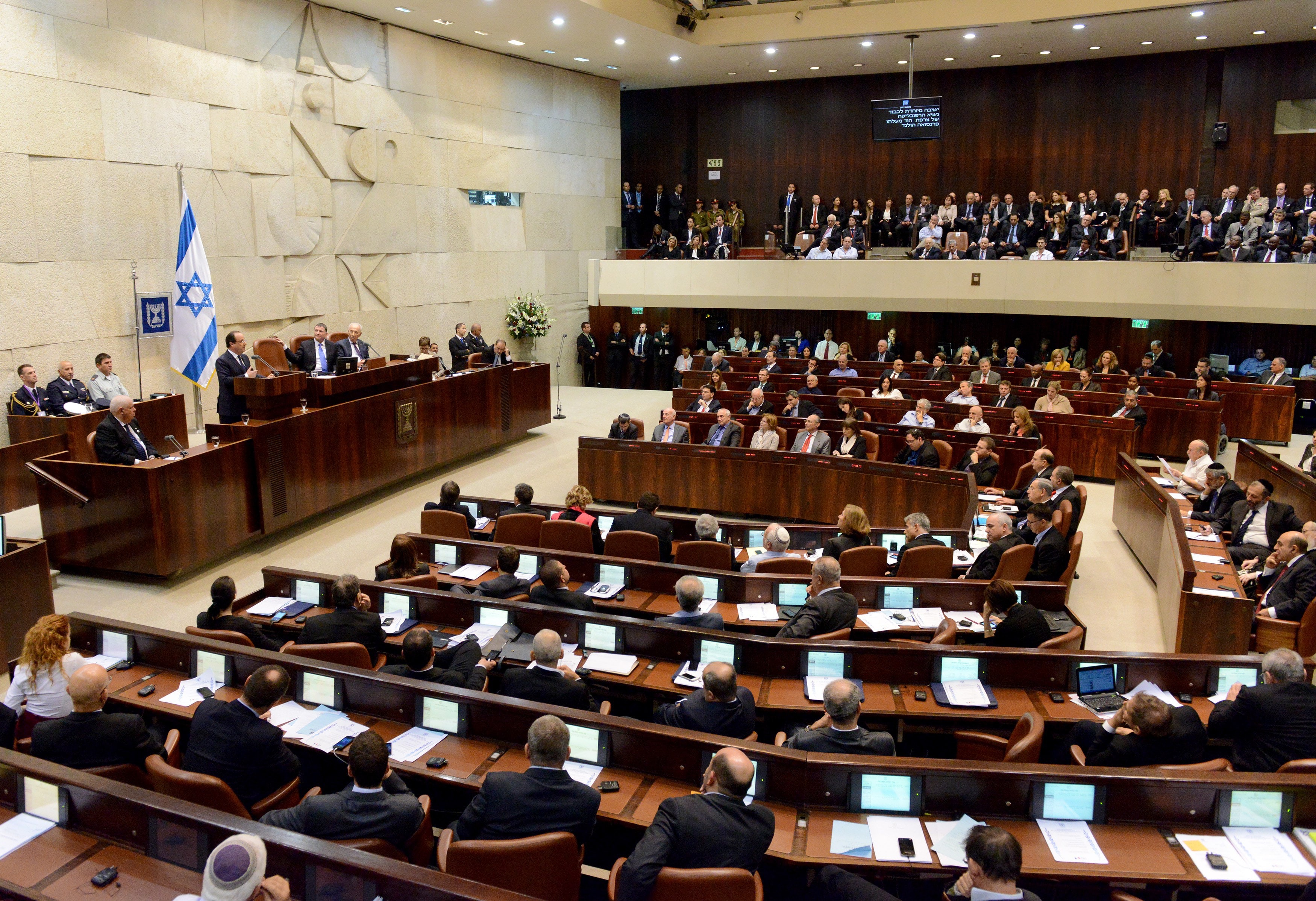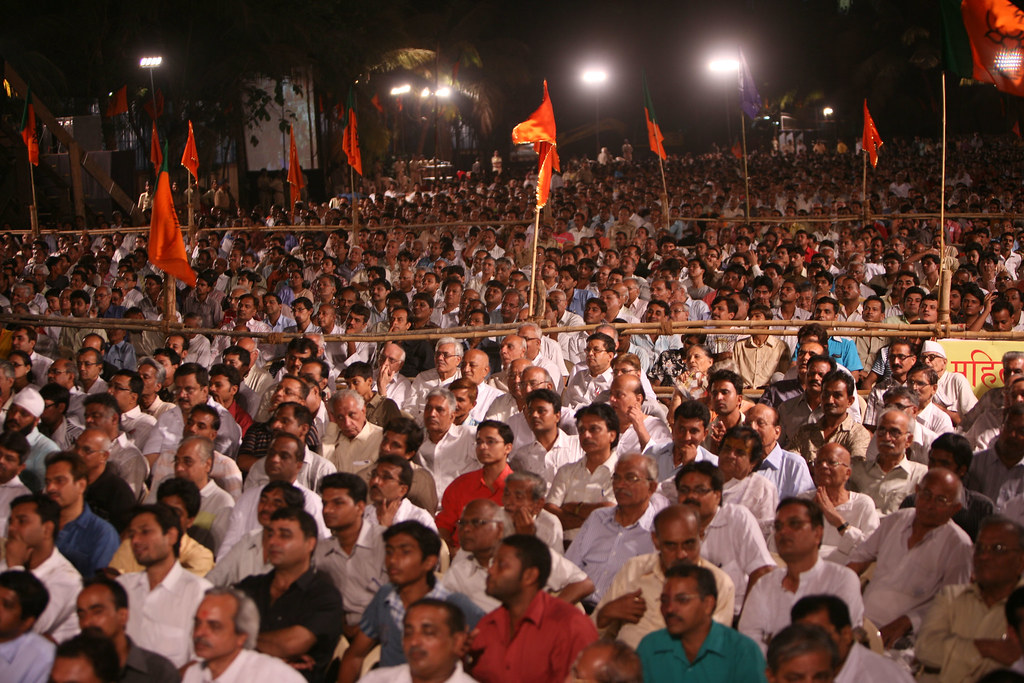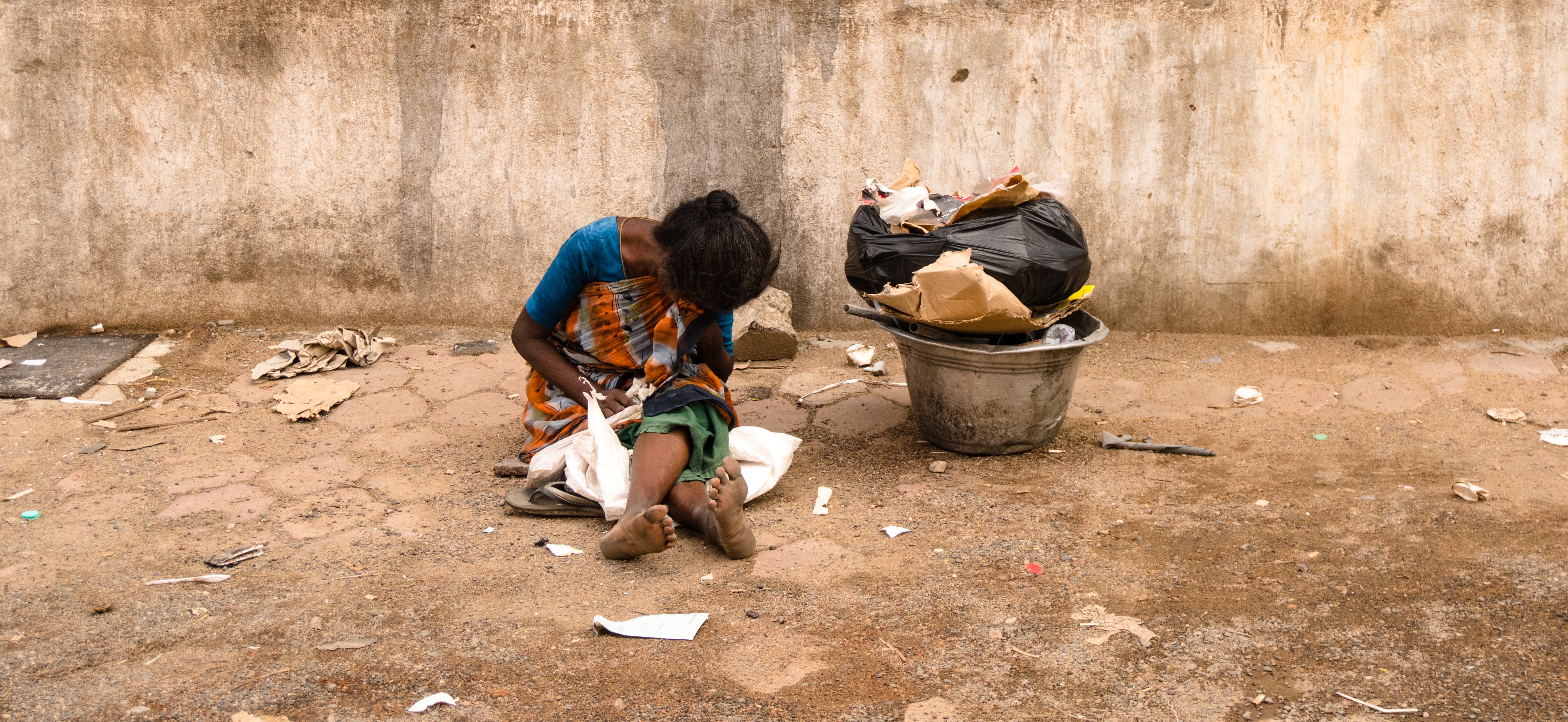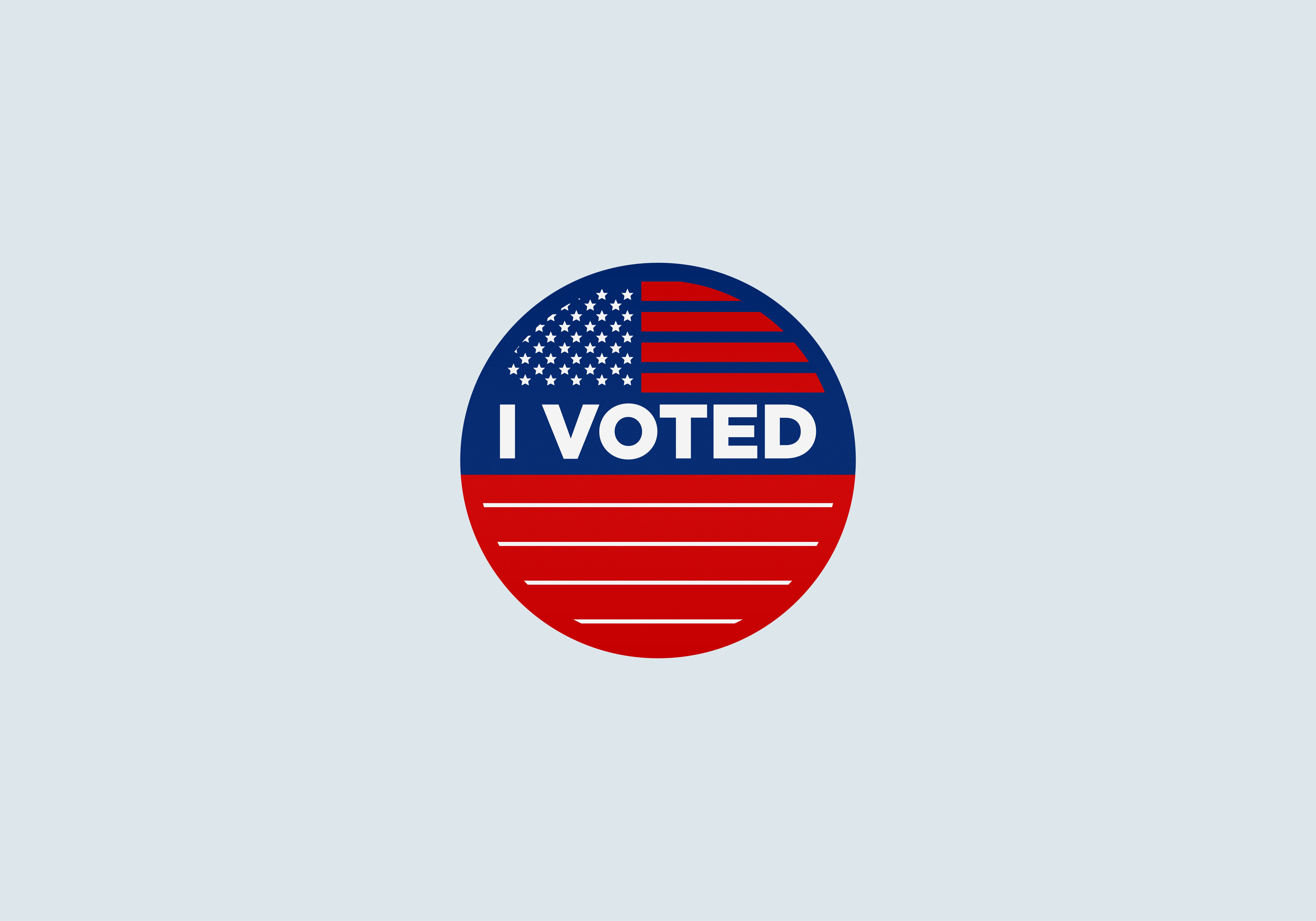Global Elections Amidst a Pandemic
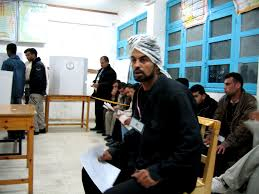
Only a quarter of the way through with the year, 2020 has seen the Australian wildfires, escalating U.S. relations with Iran, and the coronavirus pandemic that continues to wreak socio-economic havoc around the world. Even with the critical U.S. primary elections coming up quickly this November, many American citizens are finding themselves distracted with all of these pressing events.
At times like this, the public begins to question the way governments are prepared to respond to mass crises, if at all. The more widespread distress, the more effective political leadership is needed. Many prominent countries, like China, the United States and those in the European Union have experienced major spikes in death tolls simply because of their delayed response to the virus.
Image Credit: Unsplash/Arnaud JaegersAmong many other lessons, this pandemic has taught us that complete participation in political systems is vital in safeguarding citizens’ own interests and protection. 2020 promises to give many countries the opportunity to engage in political elections, and those in countries without ongoing power changes the chance to be more aware of how international politics affect their lives. Though this November will be instrumental in deciding the future of America, the election will inevitably impact many other countries as well. Inversely, it’s important for American citizens to understand how outside elections influence the United States.
Recently, there has been an influx in the number of articles attempting to remind Americans of looming voting dates and the need to pay attention to their elections. The same could be said for elections that will be held this year around the world. For places like Israel, which has already had major elections, having gone unnoticed, there are many more to come that aware individuals should tune into. Along with many other nations, India’s capital will delay debate of new political reforms as the virus threatens the health of millions.
Israel, in an unprecedented streak, is on track to hold its fourth national election within a 12-month period. The nation’s first election was held in April of 2019, but winner Prime Minister Benjamin Netanyahu and his right-wing Likud Party were unable to obtain a majority within Israel’s parliament, called the Knesset. As outlined in their political laws, another election was set up for September. The winner of this election, Benny Gantz, faced the same failure Netanyahu did. The winning Blue and White centrist party was again incapable of creating a partisan alliance and yet another election was planned for March 2020.
Image credit: Unsplash/Rafael NirWith many variables and contesting forces making the decision undeniably complex, the leader of the Israeli party was left unsure. But with the outbreak of the coronavirus pandemic, an emergency coalition between Israel’s opposing leaders, Netanyahu and Gantz, was struck in an attempt to unify their government in a time of crisis.
This partnership was short-lived, however. The two leaders split in response to U.S. President Donald Trump's announcement of his Middle East peace plan, which would negate any peace talks with Palestinians while allowing Israel to annex areas of the disputed West Bank. While both Netanyahu and Gantz supported this decision, Gantz has changed his position, wanting to negotiate with Palestinians. This collision in political stances has resulted in another election being scheduled for this August.
To make matters even more complex, Prime Minister Netanyahu has been indicted for corruption and is currently on trial. He is still able to be considered for reelection, an allowance which is strikingly similar to the one impeached President Trump is taking advantage of. The fate of the West Bank has been a major political and cultural dispute for years and Israeli politics are known internationally for being turbulent, but the result of this election undeniably holds a powerful influence over Israel’s future. It could even provide an opportunity for American voters to gain an inside look into how their own election could play out in the uncertain times following the coronavirus.
The virus has forced some countries’ governments, like the Rajya Sabha of India, to indefinitely postpone elections. The Rajya Sabha, otherwise known as the Council of States, is India’s upper house of federal parliament. As India’s violent and abrupt response to the virus has received widespread criticism across the globe, these elections become even more essential for citizens as a way to speak up.
Image Credit: Creative Commons/Aljazeera EnglishSince 2014, when India held the election that first instituted the rule of Prime Minister Narendra Modi and his strict Hindu Bharatiya Janata Party (BJP), India has suffered a continuing decrease in civil rights and an oppression of religious minorities. With the recent political and health-related escalation caused by the pandemic, the rifts between Hindu and Muslim communities only grows worse.
After a violent protest prompted by a BJP politician in New Delhi this February, Hindu-nationalist mobs have continued attacking Muslim homes and businesses. Members of the BJP have blamed the spread of the virus within their country on a Muslim missionary group meeting, fueling criticisms that India is using the coronavirus pandemic as a front for a surge in Islamophobia. Similar meetings among Hindu organizations have escaped blame while Modi introduced a new citizenship law that excluded Muslims.
In India’s national election of 2019, Modi was re-elected for another five-year term in an overwhelming win. Since then, the government has been arresting young students, activists and educators as well as fighting legal cases and suppressing journalistic and editorial coverage of anti-Muslim politics. As the danger of the coronavirus became more apparent, India has been put under a complete nationwide lockdown, applying to over 1.3 billion people. Examples of Islamophobia have only increased, as Muslim families have been turned away from hospitals and other medical institutions providing treatment.
With Modi's restriction on all gatherings of 50 or more people, India's government elections have also been indeterminately postponed. The situation mirrors that of the upcoming US election, with many states deciding to postpone the dates of their primary elections. Whether simply repeatedly rescheduling the dates or offering more voting options like mailing ballots, the epidemic has forced governing bodies around the world to rethink how their elections are run. Though the situation has been simplified in the U.S. with Bernie Sanders dropping out of the Democratic race, leaving Joseph Biden as the nominee, the way this race will end remains unsure.
Image Credit: Unsplash/Karthikeyan KThe fortune of the world’s largest democracy in India and its coalition with the United States will be determined this year. With Bernie Sanders' campaign over, many in India are relieved, given that Sanders was an outspoken advocator against the Citizenship Amendment Act and India’s human rights policies. Biden is the preferred candidate for most in India, as he has been described as a “long-time friend of India” who is dedicated to international relations.
But with Trump as a prospective leader of the U.S. after 2020, India also runs the risk of suffering from Trump’s stance on minimizing the role of the federal government in health crises like the coronavirus epidemic, as well as Trump’s isolationist standpoints. Whatever the outcome, the decision made by American citizens will not only affect American politics but will ripple across the globe as many other elections around the world still face threats from the virus.
The pandemic has affected all aspects of our once daily lives, but the imminent threat to democratic participation is among the most dangerous. Around the world, elections are being postponed until the virus is under control, a deadline that has no concrete date. With breaking news surrounding us 24/7, we have a responsibility to not let global developments fade into the background. Attention must be paid to all political campaigns even as the coronavirus takes the top spot of every major headline.
Image Credit: Unsplash/VisualsAs American citizens, we have a duty to understand our nation’s global role and the consequences of our decisions this November, and we have to maintain our attentiveness to global politics in the months before. Issues like human rights, religious freedom and access to healthcare are more important now than ever. We can’t let quarantine make us forget our global community.


